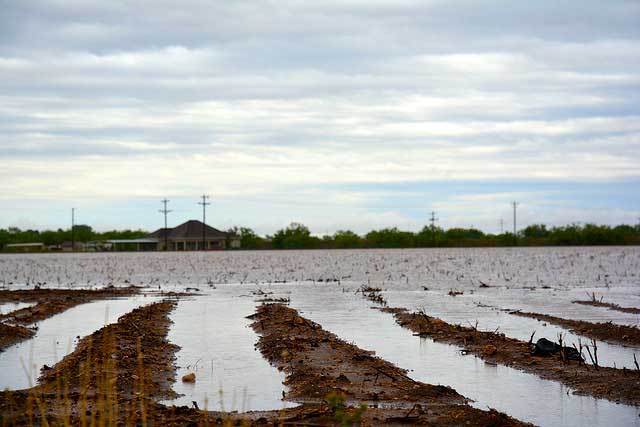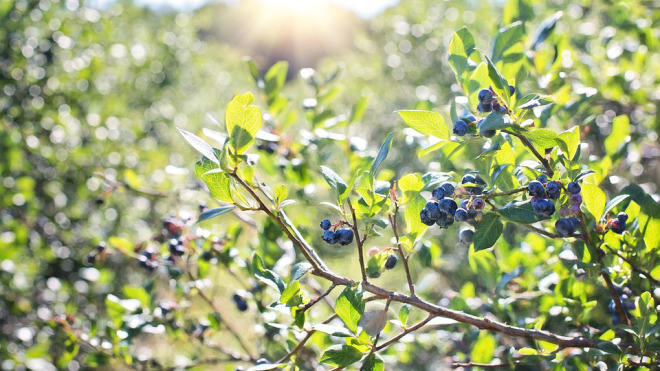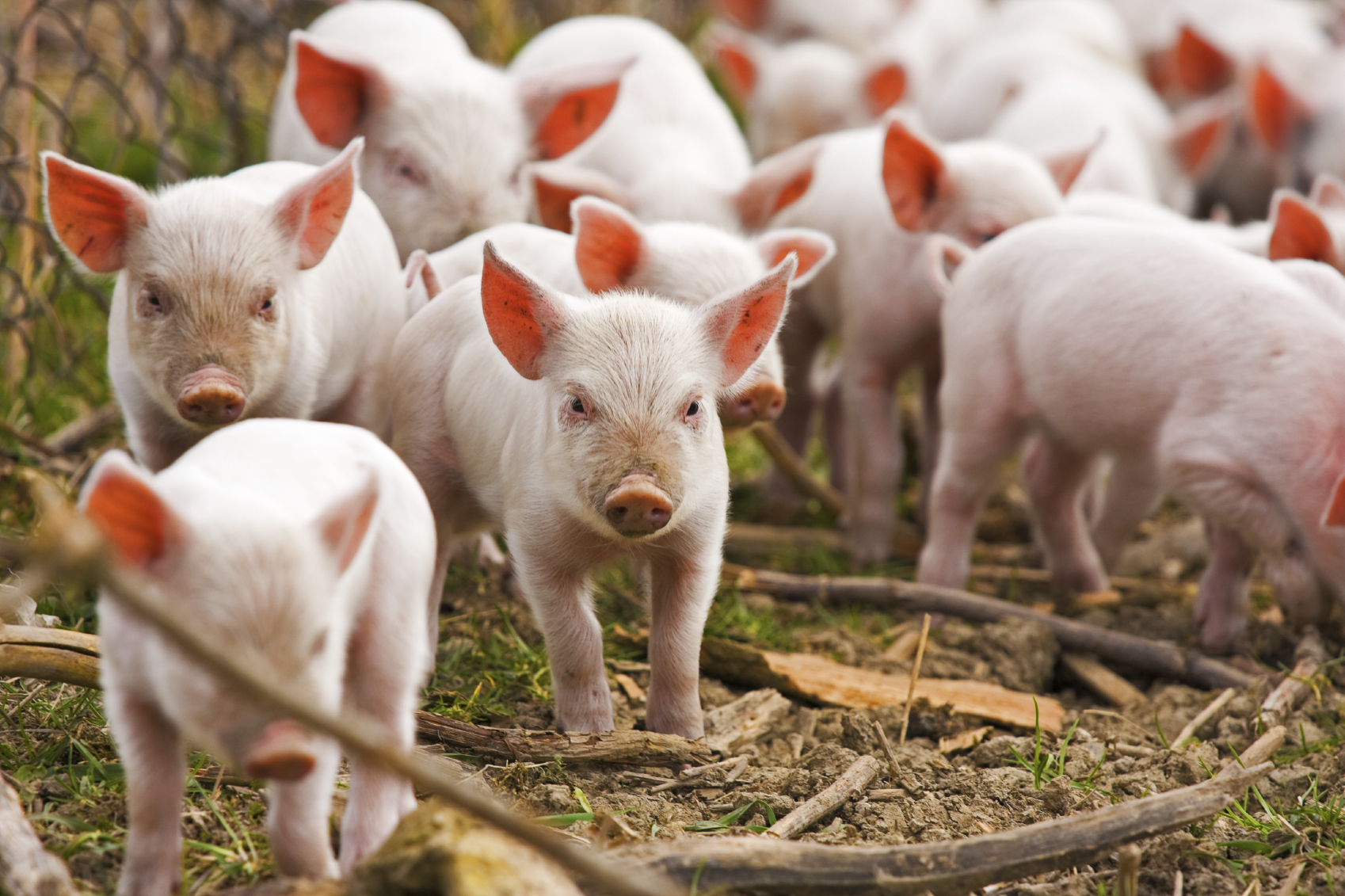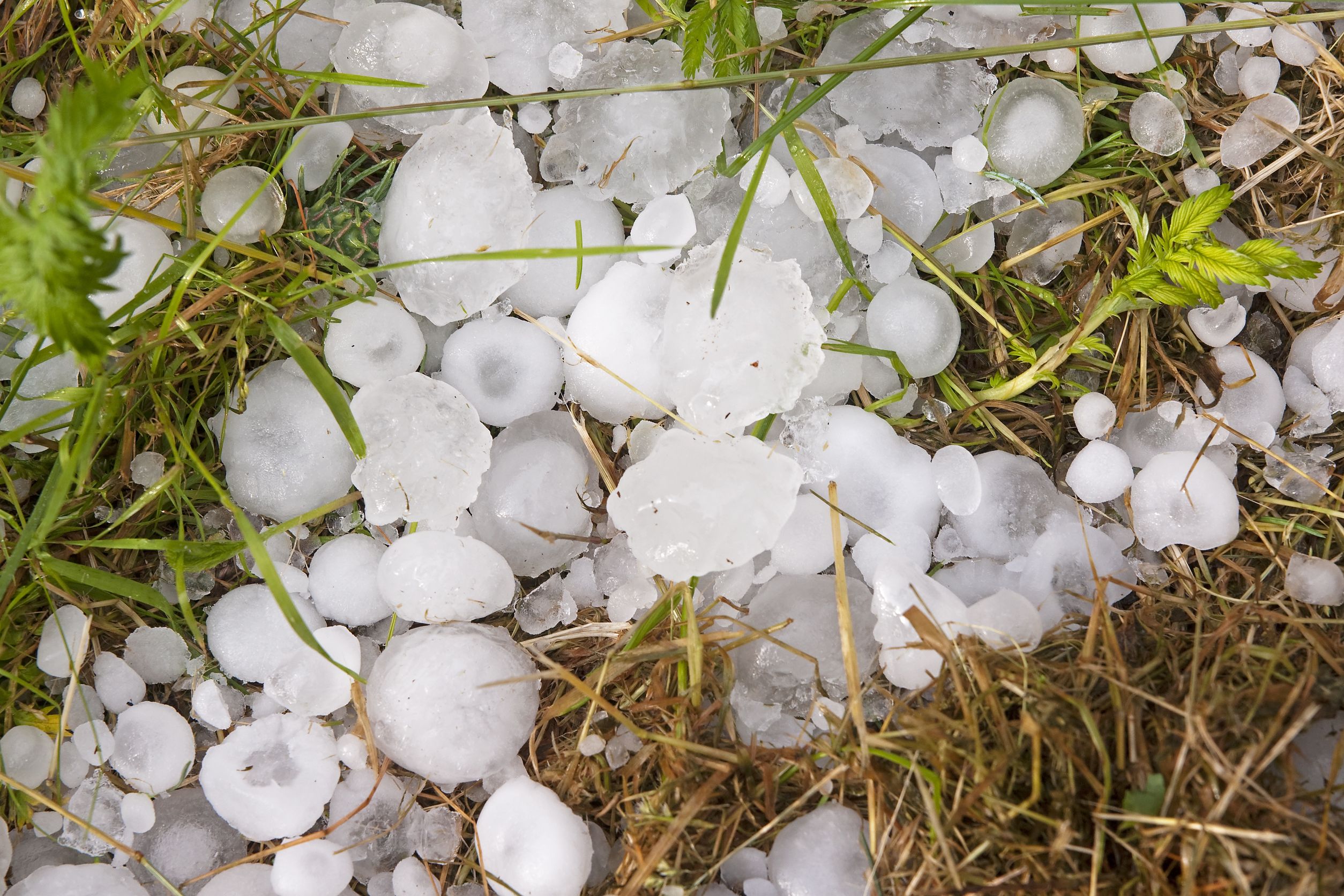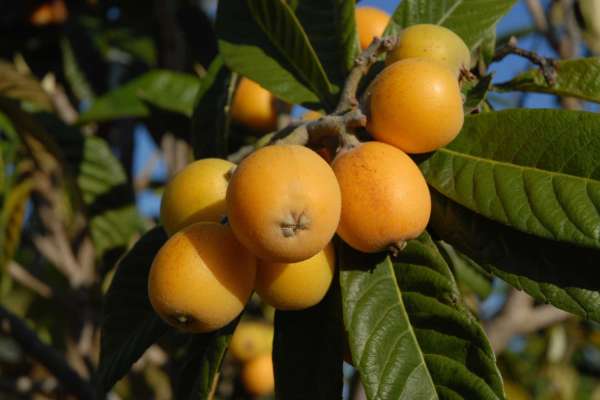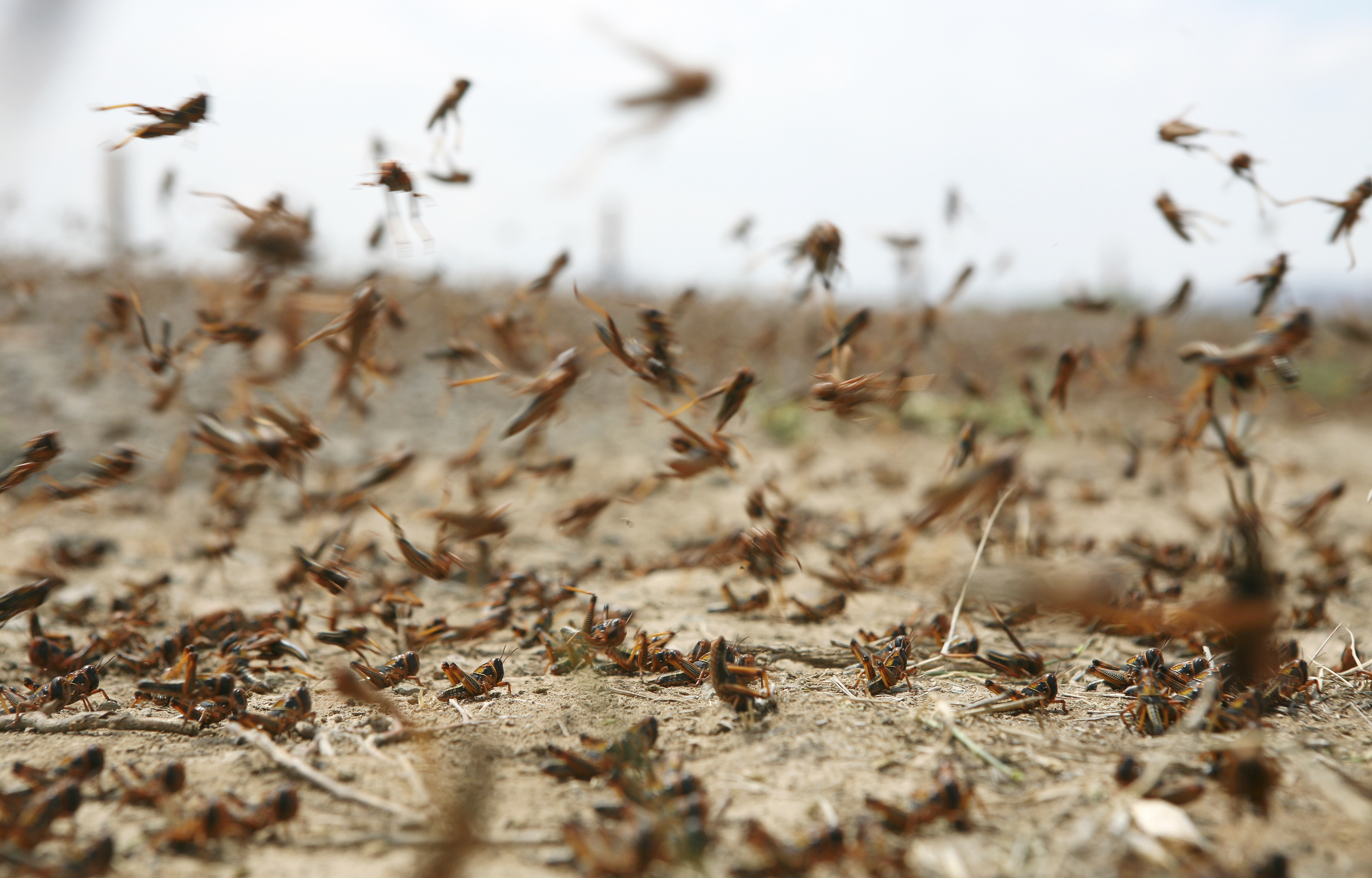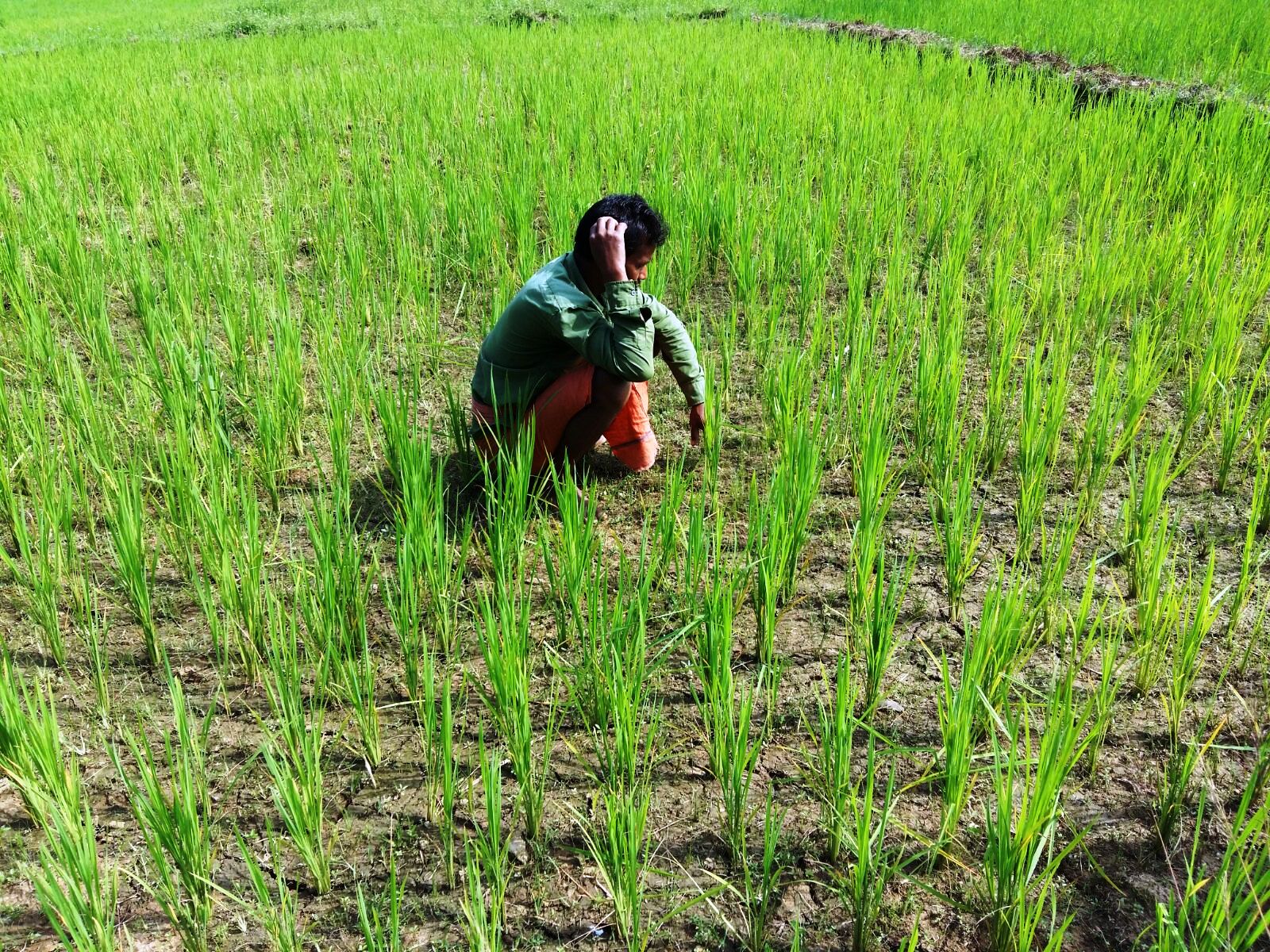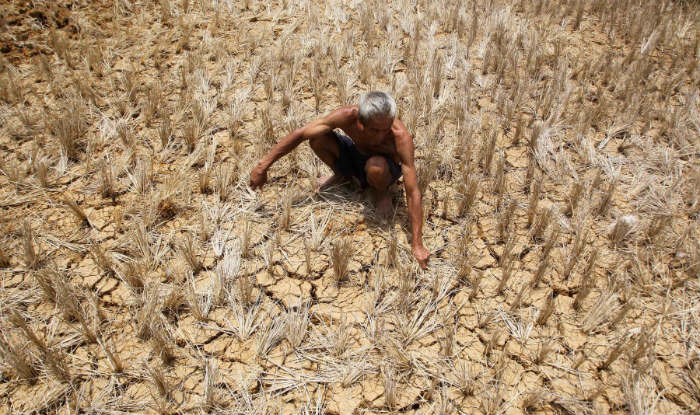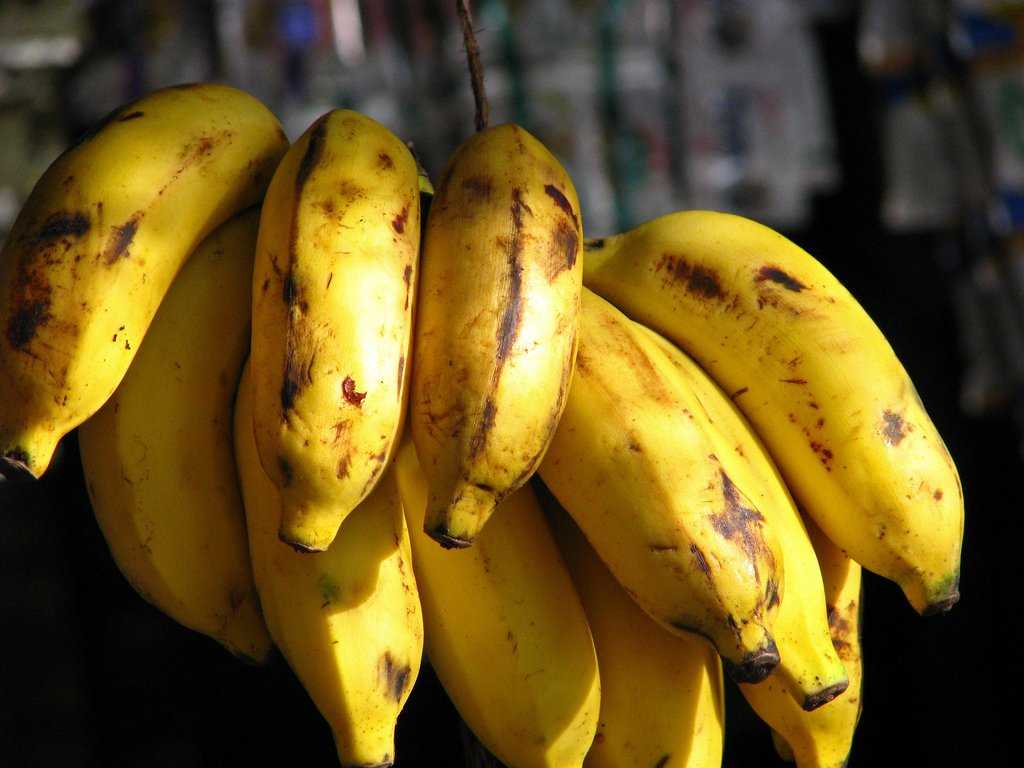USA - Smoke taint reemerges as big threat for North Coast wine industry
The endless barrage of wildfires throughout California is beginning to take a toll on the wine industry, specifically with grapes being tainted by smoke.
The dilemma, which reemerged during last year’s harvest, is forcing everyone in the sector to adapt — especially smaller grape growers. They already are being pinched by industry consolidation, leaving them with fewer vintners to buy their fruit, and even less leverage in negotiating prices for the 2019 fall grape harvest.
That is especially the case for growers in Mendocino and Lake counties, where many are reeling from a tough 2018 when some farmers there had their fruit rejected by large wine companies such as Constellation Brands Inc. and Treasury Wine Estates because of smoke damage. They had little recourse to confront these large corporations.
Last year, Lake County growers lost at least $37.1 million from smoke-tainted grapes from the Mendocino Complex fires. The county’s overall crop was worth $74 million last year. Mendocino County officials said they don’t have an estimate on their losses from smoky grapes in the $138 million 2018 crop. Sonoma County vineyards were spared last year. In 2017, almost all the grapes were picked before the widespread October fires.
The vexing problem: The wine industry has no unified standard for what constitutes a grape tainted by smoke or even the protocols for testing, making it difficult to tackle the challenge. Growers and wineries now are revising customer contracts with language to try to prevent what happened last year to some Lake County growers.
Making matters even worse, many North Coast growers didn’t have federal crop insurance last year or had policies insufficient to recoup their costs related to smoke damage. Many are trying to correct that oversight this year to minimize losses.
“It’s a huge concern,” said Jeff Bitter, president of the Allied Grape Growers of California, a grower-owned marketing association. “Until we learn more about wildfires and its effects on grapes and all that, it’s just too risky to go about it without a safety net.”
They will get a little help, albeit after the fact, from a federal bill expected to pass Congress in June. It would give the U.S. Department of Agriculture $3 billion in emergency funding to allocate to U.S. farmers who encountered all types of natural disasters the past two years. A fellow grape grower himself, Rep. Mike Thompson, D-St. Helena, said the bill “protects our local, small family agricultural producers” in the North Coast.
Still, there’s uneasiness within the grower community about the path forward given the reality of more fires. Case in point is Mike Boer, a Ukiah Valley grape grower whose family has owned roughly 45 acres since 1890. He also leases another 40 vineyard acres nearby. That latter property was across the street from where the Mendocino Complex fires first started.
He harvested 520 tons of grapes last year for his clients. But 180 tons of that total — chardonnay and merlot — from the leased land was rejected by Constellation Brands after the company’s testing showed too high a level of guaiacol, a phenol compound from smoke that accumulates on the skin and can seep into the pulp of grapes. Guaiacol and another related compound, 4-methyl guaiacol, can be released during fermentation and cause wine to have an aftertaste that evokes aromas and flavors similar to cigar smoke.
Boer, however, had the grapes tested by a third party and found satisfactory guaiacol levels. Therefore, he thought there should be no problem making wine with his grapes. But he realized it would be futile to battle against global wine, beer and spirits giant Constellation. The company itself had to write down $19 million of bulk wine inventory value in the fourth quarter of 2018, because of smoke damage sustained from the 2017 fires. Some growers accused the big wine companies of using smoke taint as an excuse for oversupply during the big 2018 grape harvest.
“It’s too small of an industry to think that is a good idea,” said Boer, who also has a full-time job working for Grow West, a farm supply company. “They could crush me in a second.”
The same scenario played out in southern Oregon last year when Copper Cane Wine & Provisions, owned by Napa Valley vintner Joe Wagner, rejected 2,100 tons of grapes because of smoke taint.
“The numbers were very high,” said Matt Heil, director of fruit supply for the company, which had samples tested at three different labs and a sensory evaluation by winemakers. That decision triggered a backlash, too, since 20 grape growers Copper Cane was sourcing from could not find other buyers.
Related Stories
Napa Valley winery sues over $1M in smoke-tainted grapes
2018 Big Stories: Wine grape 'taint' rises anew with huge wildfires
Heil spoke last month about the smoke issue with other winery representatives on a panel sponsored by Wine Business Monthly in Napa. Winemakers do have some options that they can try when using suspected smoke-damaged grapes. They include reverse osmosis, a filtration process, or adding certain enzymes offered by labs. Also, there is a procedure called “flash détente,” in which the grape skins and juice are briefly boiled at temperatures up to 185 degrees and then put through a vacuum chamber to extract volatile compounds that contribute to smoke taint.
“I don’t know if any one of those is a silver bullet,” said Ryan Stapleton, director of grower relations for The Family Coppola in Geyserville.
Last year, Coppola took in cabernet sauvignon and sauvignon blanc from Lake County after conducting testing. The winery took precautions to minimize smoke taint, which included getting the fruit hand-picked, pressing the grapes right away and getting the skins off the liquid as quickly as possible. It also used the skins of grapes picked elsewhere in the fermentation.
Over at CK Mondavi and Family in St. Helena, chief operating officer Jeff Richardson is working with its independent growers on new contract language since some of its contracts go back 50 years. “Ultimately, we both want to win because neither one of us can work with either one of us going away,” Richardson said.
Mondavi is revising the contracts to insert specific language on certain compound levels, Richardson said. However, Stapleton of Coppola has balked on including specific levels on compounds such as guaiacol, because he thinks the reliance on the science is still some years away. “We don’t feel there is a number that we can put into out contracts that correlates to smoke exposure,” he said.
Indeed, one top expert cautions on relying too much on guaiacol and 4-methyl guaiacol readings for determining smoke damage to grapes. Thomas Collins, assistant professor at Washington State University’s Wine Science Center, said the two compounds “are good markers for smoke, but they’re not necessarily good markers for smoke taint.”
The science of overcoming smoke taint in grapes is still relatively new in the United States, though major progress has been made in Australia, where scientists have been researching the topic in recent years.
One immediate option for U.S. growers is crop insurance, a program backed by the federal government. But not too many North Coast growers have used the protection for their crop.
“The reality is that not a lot of growers have taken advantage of federal crop insurance,” said Bitter of the state Allied Grape Growers group, who noted the 2017 and 2018 fires have prompted an increase of California growers buying coverage for their vineyards.
In Lake County, 63% of the 9,400 vineyard acres had such coverage in 2018, said Gregg Merrill of Pan American Insurance Services in Fresno.
In the aftermath of last year’s fires, Copper Cane will pay 50% of its growers’ annual crop insurance premiums, Heil said. Only five of its growers had crop insurance last year, with only one having a catastrophic policy.
Having crop insurance is no guarantee of a payout for smoke taint, unless a grower thoroughly understands the policy. Last month, Levensohn Vineyards in St. Helena sued its insurer, Nationwide Agribusiness Insurance Co., in federal court for failing to pay $1.1 million in damages from grapes used in winemaking that sustained smoke taint from the October 2017 infernos.
Boer also serves as a cautionary tale. He had a crop insurance policy in 2018, but the coverage didn’t separate losses between his two vineyards. He reached most of his overall limit in selling grapes from his home ranch, so the loss he suffered from grapes on the lease-owned property would not be covered much if he filed an insurance claim.
“What the insurance is really good for is if you have a 100% wipeout,” he said. “It didn’t work out for me last year.”
This year, he got separate coverage on both his vineyard properties.
Still, Boer was comfortable that his grapes rejected by Constellation did not have smoke taint from sampling them, as well as lab testing.
“I tasted some wines that had smoke taint. It’s hideous. My wines don’t have it,” he said.
Given his quandary of being spurned by Constellation last year and being insufficiently protected by his crop insurer, Boer had only one option left other than leaving the grapes to rot on the vines. He took it and crushed the grapes and put them in tanks to be eventually sold off in the bulk wine market to a winery looking for some prime Mendocino County bottles.
“I have a rejection. I don’t have a fruit problem,” Boer said.
While the conundrum continues across the state’s wine-growing regions, Boer thinks that it will ultimately have to be settled by the USDA writing standards for smoke taint. The ag department, for example, established guidelines for what qualifies as an organic grape. Until such federal guidelines, he plans to find ways to keep working with wineries.
“The smart thing is to take your lumps and figure out how to survive,” Boer said.
Source - https://www.northbaybusinessjournal.com


